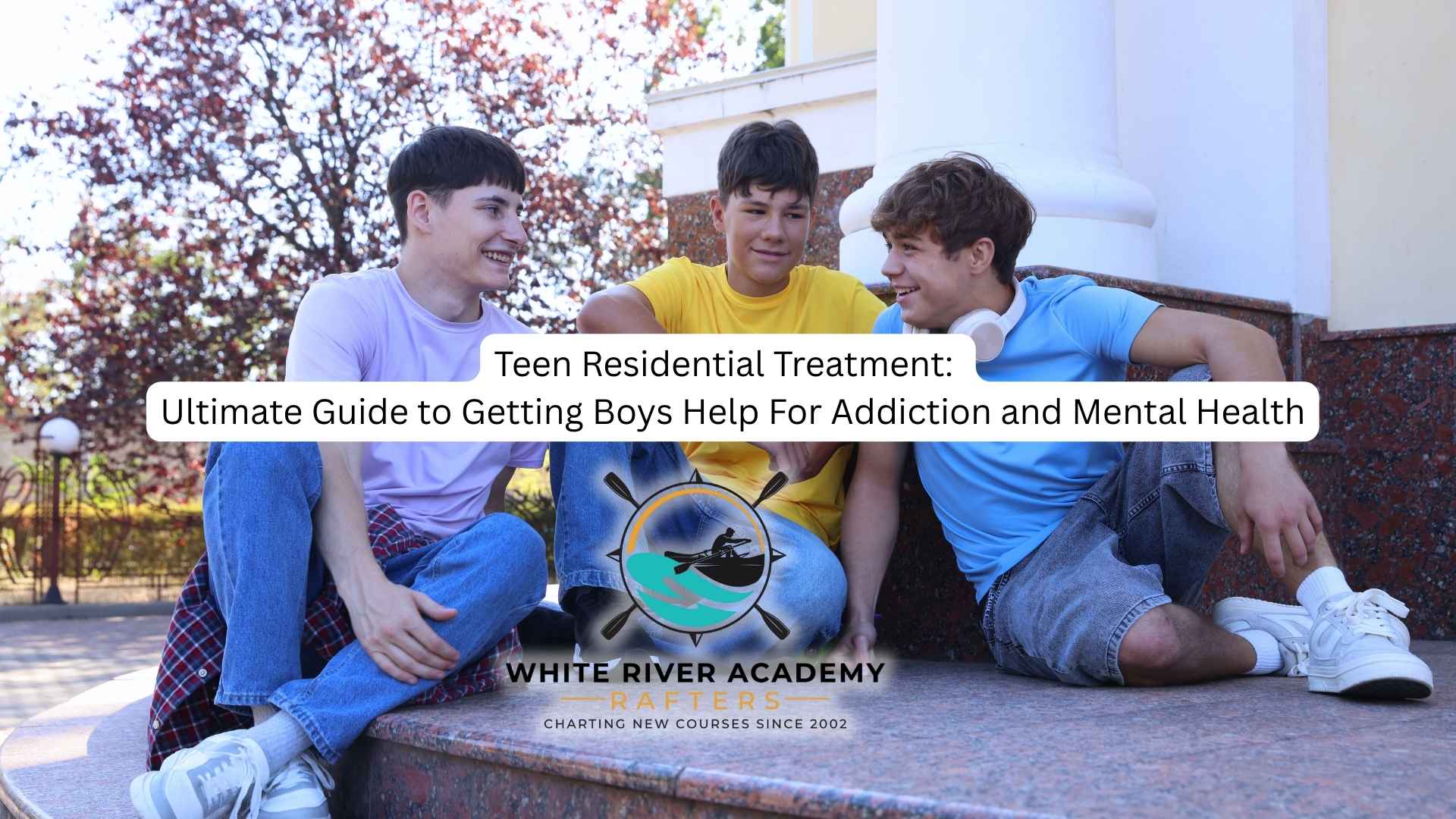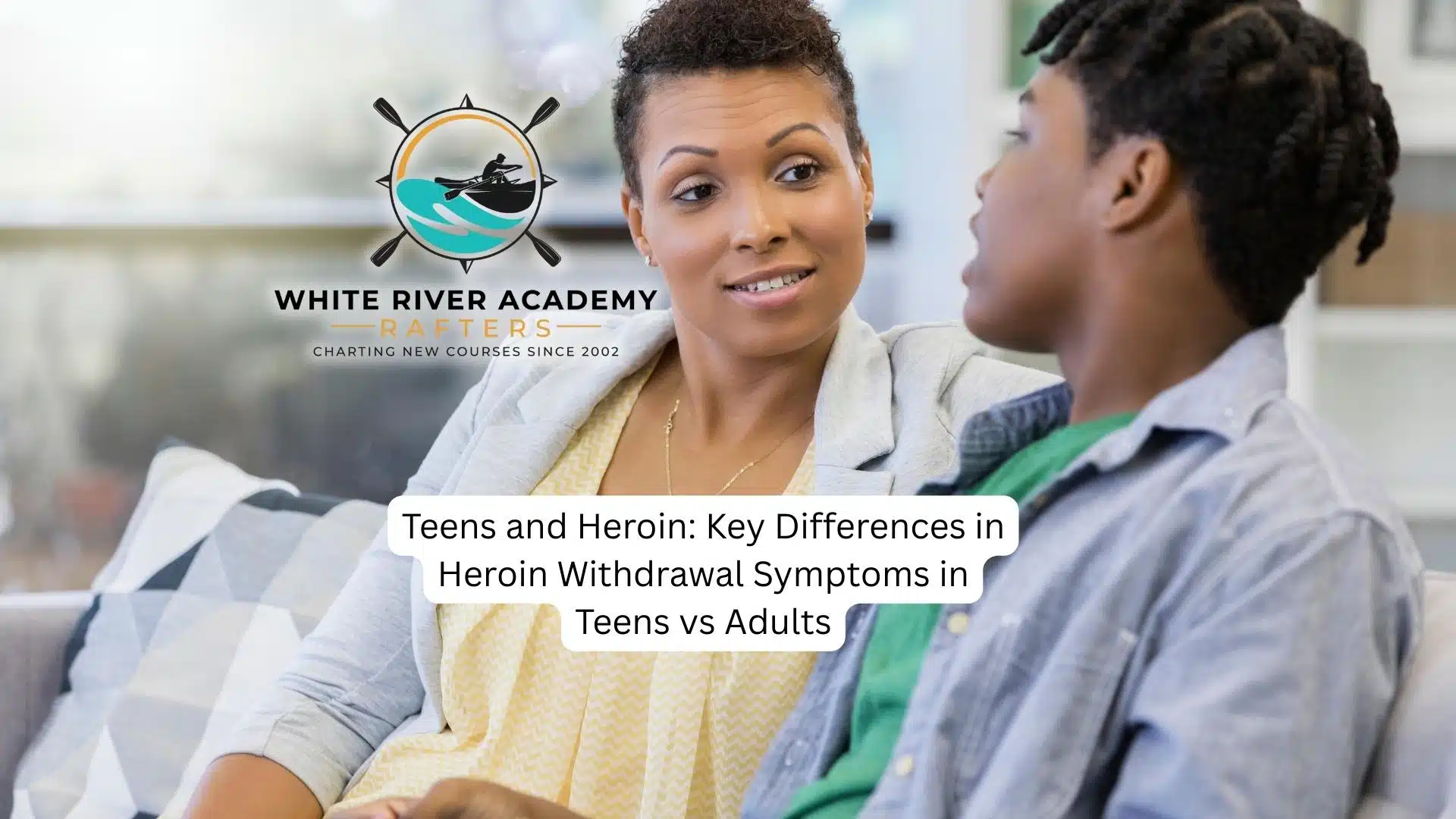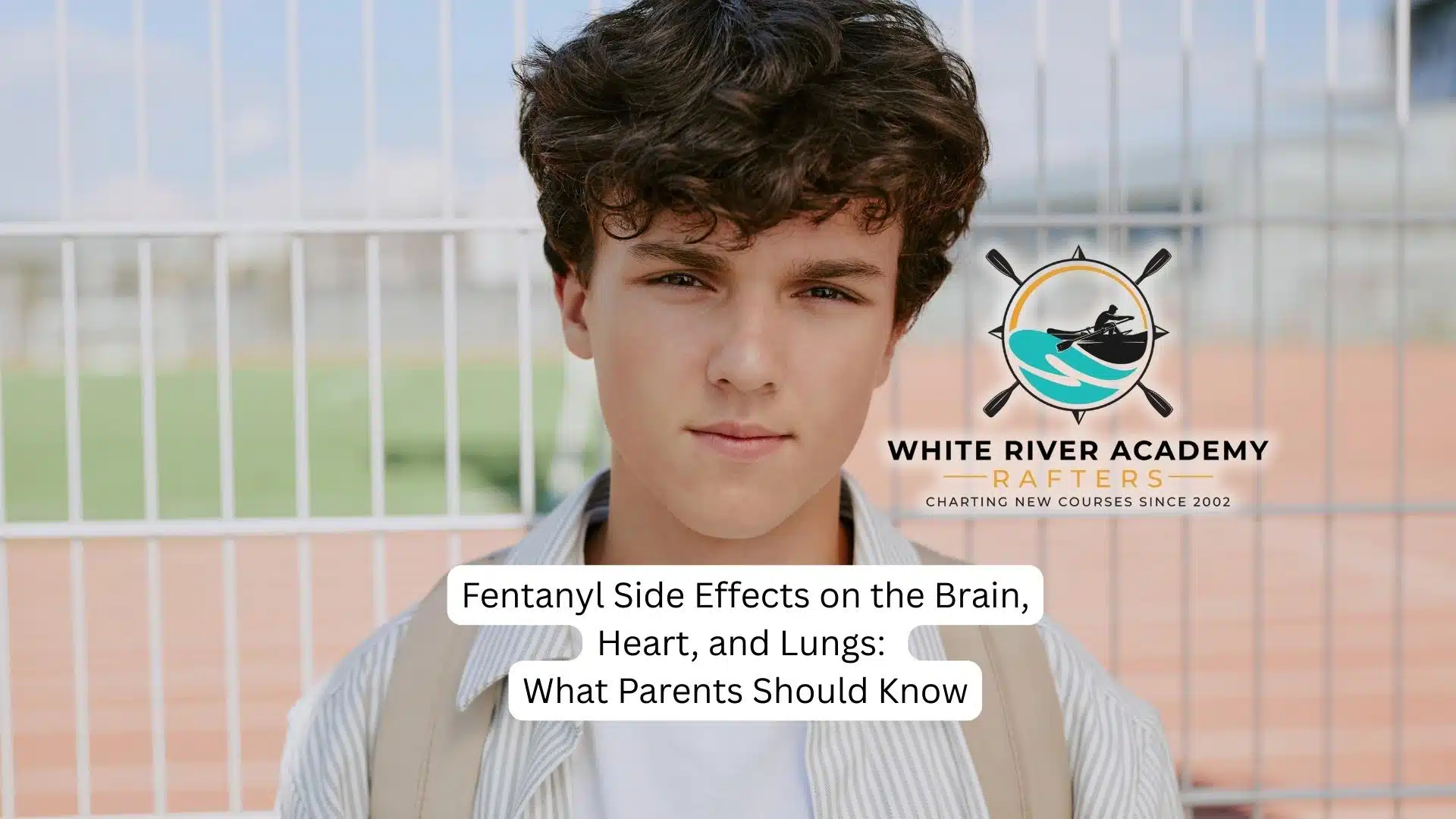Many parents find themselves grappling with this perplexing behavior, wondering what’s causing their child’s sudden lack of motivation. While it’s easy to assume they’re just being lazy or defiant, there are often deeper issues at play.
This article will explore the common factors contributing to teenage apathy and discover how parents can support their child through this challenging phase.
Common Causes of Teen Disengagement
As teens navigate the physical, emotional, and cognitive changes of this stage, their motivation and mood may temporarily fluctuate. While some withdrawal is expected, it’s important to distinguish typical teenage behavior and the warning signs of deeper issues.
Key indicators to watch out for include persistent isolation, loss of interest in previously enjoyed activities, and drastic mood changes. By recognizing the difference between normal development and potential problems, you’ll be better equipped to support your teen through this challenging phase and even opt for guidance from teen behavioral professionals.
Emotional Overload and Stress
The demands of schoolwork, extracurricular activities, peer relationships, and family expectations often pile up, leading to chronic stress and emotional overload. When teens are unable to process or manage this stress, they may experience emotional exhaustion, which can manifest as withdrawal or apparent apathy.
Rather than a lack of interest, this disengagement is often a protective response. Teens may avoid activities simply because they feel too overwhelmed to participate. Emotional exhaustion can look like laziness or indifference, but it is frequently a sign that a teen is struggling to cope with the weight of their daily challenges.
Mental Health Concerns
Mental health conditions such as depression and anxiety are significant contributors to teen disengagement.
Depression, for example, can drain motivation, sap energy, and create feelings of hopelessness, making even simple tasks feel insurmountable.
Anxiety-whether social, academic, or generalized, can lead to avoidance of activities due to fear of judgment, failure, or discomfort. These conditions often go unrecognized because their symptoms in teens may include irritability, withdrawal, or a sudden loss of interest in previously enjoyed activities.
The brain’s dopamine system, which regulates motivation and reward, is particularly sensitive during adolescence. Mental health struggles can disrupt dopamine function, further reducing a teen’s drive to engage with the world around them.
Pressure and High Expectations
The pressure to excel academically, participate in extracurricular activities, and plan for future success can create intense anxiety and fear of failure. When teens feel they cannot meet these expectations, they may develop perfectionistic tendencies or a sense of learned helplessness. They believe that no matter how hard they try, it won’t be enough.
This can result in disengagement as a way to avoid disappointment or criticism. Self-imposed pressure, peer competition, and the desire to gain approval can all contribute to a teen’s reluctance to participate in activities, leading them to withdraw rather than risk perceived failure.
Social Media and Technology
The constant influence of social media and technology has introduced new challenges for teen motivation, mainly an addiction to being online or to technology itself. Digital distractions provide instant gratification, making real-world activities that require sustained effort seem less appealing.
Social media also fosters a culture of comparison, where teens may feel insecure and inadequate when comparing themselves against influencers or even against their peers. The fear of missing out (FOMO) and cyberbullying can also further erode self-esteem and motivation. Ironically, this prompts teens to retreat even more from offline activities and responsibilities.

Physical Health and Lifestyle Factors
Physical well-being plays a crucial role in a teen’s ability to stay engaged. Poor sleep, inadequate nutrition, and lack of exercise can all lead to low energy, irritability, and decreased motivation. These lifestyle factors are often overlooked but can have a profound impact on mental and emotional health.
Substance use during adolescence can alter brain chemistry, particularly the dopamine system, disrupting normal patterns of motivation and reward, and increasing the likelihood of withdrawal from daily activities.
Learning Disabilities and Attention Disorders
Undiagnosed or unmanaged learning disabilities, such as ADHD or dyslexia, can make academic tasks especially frustrating for teens. When faced with repeated challenges or failures, teens may withdraw from schoolwork or other activities to avoid embarrassment or further frustration. This withdrawal is often misinterpreted as laziness, when in fact it may be a coping mechanism for underlying difficulties that require specialized support.
Trauma and Adverse Experiences
Experiencing trauma such as family conflict, loss, abuse, or significant life changes can deeply affect a teen’s willingness and ability to engage. Trauma can lead to emotional numbness, hypervigilance, or avoidance behaviors, all of which can seem like the teen is uninterested or even trying to withdraw from reality. On the extreme end, teens may exhibit behaviors such as marijuana abuse or other forms of addiction as a form of escape. Teens coping with trauma may need additional support to process their experiences and regain a sense of safety and motivation.
Lack of Purpose or Intrinsic Motivation
Many teens disengage when they do not see the value or relevance of the activities they are asked to do. If tasks are seen as meaningless or solely for the sake of external rewards (like grades or praise), motivation can diminish.
Natural motivation, driven by personal interest or a sense of purpose, is much more powerful and sustainable than external motivation. When teens lack opportunities to pursue their own interests or feel disconnected from the reasons behind their responsibilities, apathy can set in.
Need for Autonomy and Control
Teens often resist activities that feel imposed or overly controlled by adults, as a way to assert autonomy. If they feel micromanaged, coerced, or not trusted to make their own choices, disengagement can become a form of passive resistance.
Supporting teens’ need for autonomy by involving them in decision-making and respecting their preferences can help them to re-engage and foster a sense of ownership over their actions.
How Parents Can Respond
Once you’ve identified the factors contributing to your teen’s lack of motivation, you can take steps to support them through this challenging phase.
Start by actively listening and creating a safe space for open communication. Spend quality time together to build trust and rapport. Encourage healthy habits like proper sleep, nutrition, and exercise.
Manage expectations, reduce pressure, and allow your teen to make choices. Teach problem-solving and coping skills to build resilience.
If you notice signs of persistent mental health issues or learning disabilities, it may be necessary to seek professional help.
View this phase as an opportunity to deepen your connection and understanding of your teenager’s unique experiences and needs.
Final Thoughts from White River Academy
At White River Academy, we understand young males’ unique challenges involving their withdrawal from family. Through individualized therapy, structured guidance, and experiential learning, our therapeutic programs at White River Academy in Utah help adolescent boys overcome their challenges and dependencies, build coping mechanisms, and develop essential life skills.




